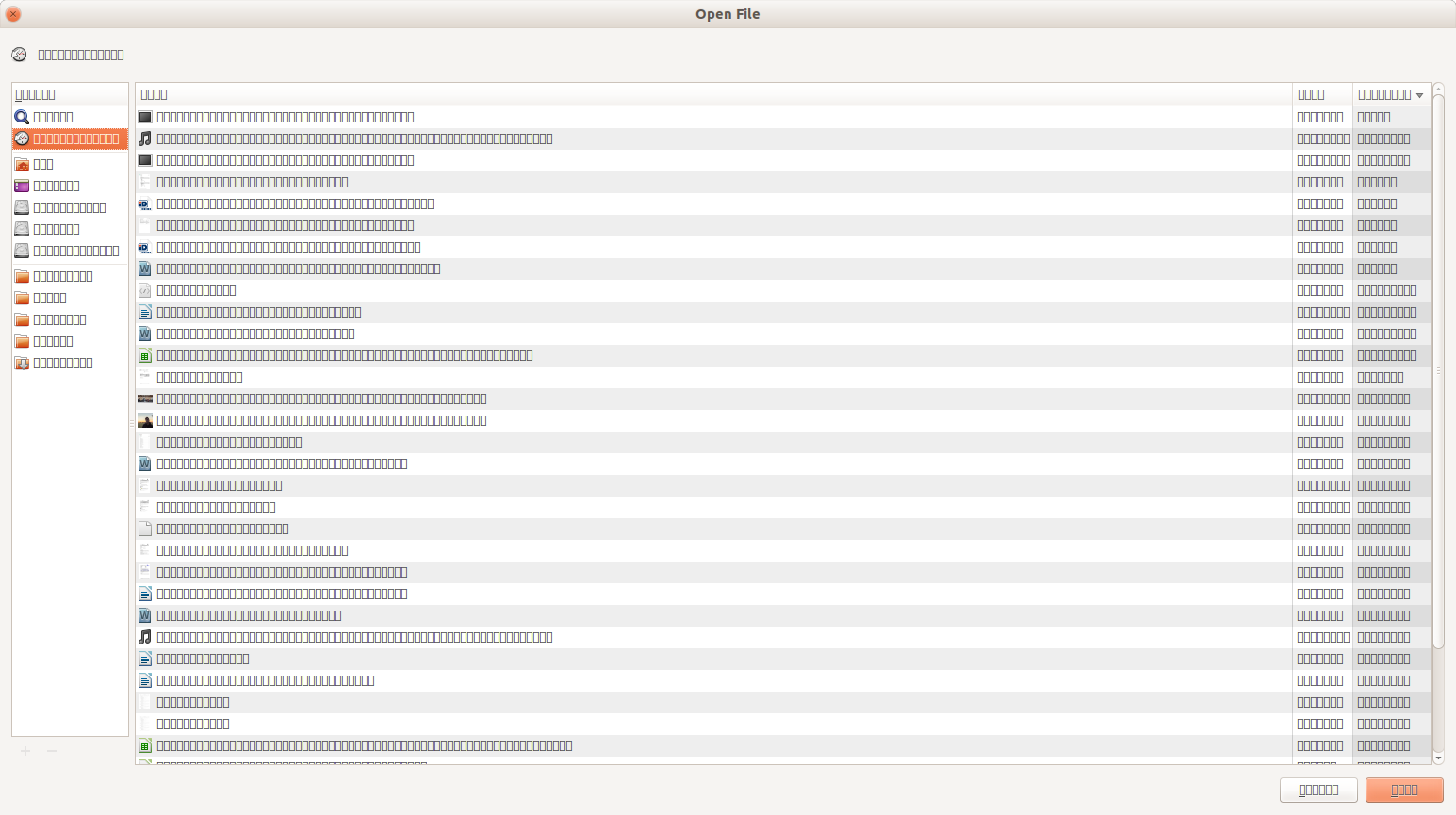Monday, July 29, 2019¶
Rediscovering Atom Editor¶
PyCharm uses so much power! Yesterday I had to interrupt my work twice because my notebook was too hot.
I had another session with Atom. In Atom I currently have a funny issue. The “Open File” dialog looks like this:

$ wget -qO - https://packagecloud.io/AtomEditor/atom/gpgkey | sudo apt-key add -
$ sudo sh -c 'echo "deb [arch=amd64] https://packagecloud.io/AtomEditor/atom/any/ any main" > /etc/apt/sources.list.d/atom.list'
$ sudo apt-get install atom
Fixed. Yes, obviously I was using an obsolete version.
Before reasonably switching to Atom I also had to install the following packages:
language-restructuredtext <https://atom.io/packages/language-restructuredtext>`__
python-tools <https://atom.io/packages/python-tools>`__
Switching to Atom.
In my .bashrc file:
export EDITOR='atom'
But also in my .invoke.py file:
editor_command = 'atom'
Afterwards I removed above line and changed Atelier so that the default
value for the editor_command setting is now taken from the
EDITOR environment variable.
One problem was that inv blog did’t start the editor. Seems that atom
doesn’t like the pty=True. The problem disappeared when I removed this
argument in atelier.invlib.edit_blog_entry().
But when I ask Ctrl+Alt+G (Goto definition) it says “python-tools could not find any results!”. Tried to install jedi. Tried to set my virtualenv in the package’s settings. Then the problem vanished without explanation.
Cool: No need to find a plugin for reflowing a paragraph: Shift+Ctrl+Q. And, unlike the fill-paragraph in PyCharm it indents bullet lists (Paragraphs starting with “- “) correctly.
But I prefer Alt+Q. So I defined my first key binding: Cltr+, to
open the settings, select Keybindings, search for “reflow”, copy it to the
clipboard, pasted it to my .atom/keymap.cson and modified it to
alt-q. Attention pitfall: not alt-Q.
Testing getlino¶
It is time to start testing getlino.
I added test a suite and a .travis.yml file.
But I don’t yet see how we can create virgin debian machines and then install Lino on them. Dockerfiles? Heroku apps?
How to serialize choicelist¶
In a Django shell I can do:
>>> value = rt.models.tickets.TicketStates.new
from lino.core.choicelists import Choice
from django.db.migrations.serializer import BaseSerializer
from django.db.migrations.writer import MigrationWriter
class ChoiceSerializer(BaseSerializer):
def serialize(self):
return "rt.models.{}.{}.{}".format(value.choicelist.app_label, value.choicelist.__name__,value.name), {'from lino.api.shell import rt'}
MigrationWriter.register_serializer(Decimal, DecimalSerializer)